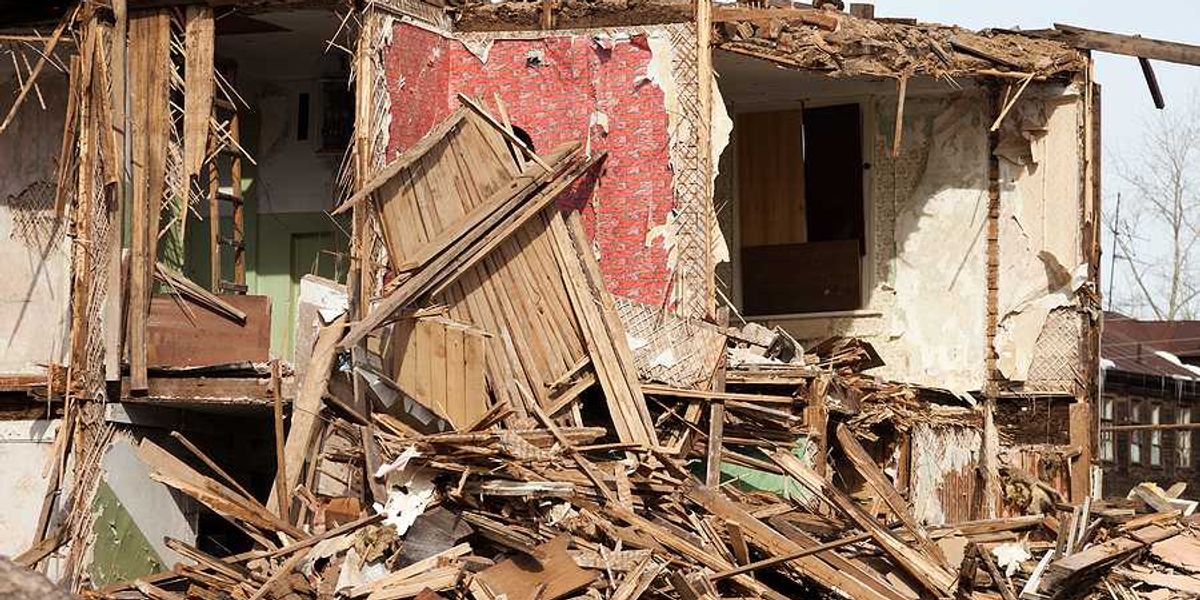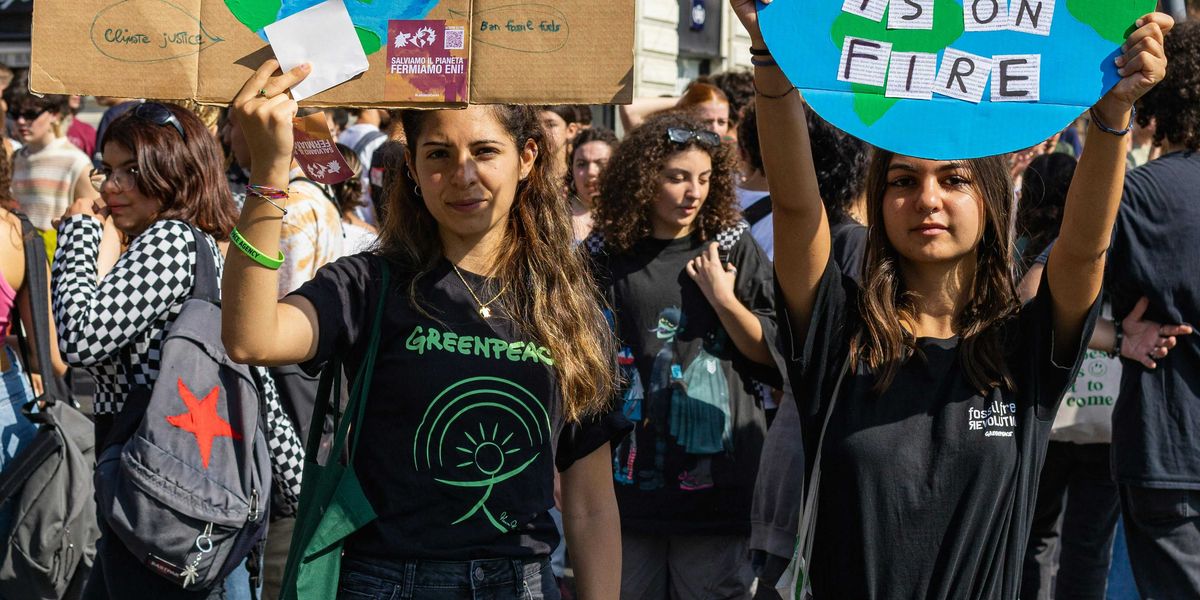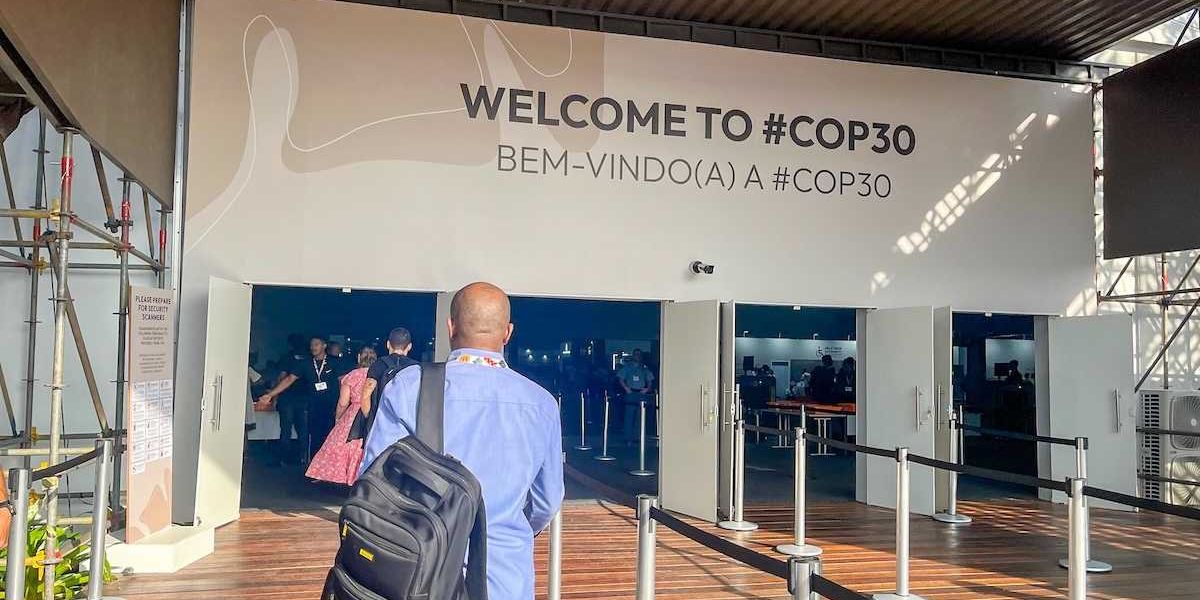Hurricanes drive a rise in infectious diseases, leaving communities vulnerable
Hurricanes not only damage infrastructure but also create prime conditions for outbreaks of infectious diseases like cholera and Zika, exacerbated by contaminated floodwaters and stagnant pools left behind.
In short:
- Floodwaters after hurricanes often carry bacteria like Vibrio vulnificus, which has led to rising infections and fatalities in Florida this year.
- Hurricanes destroy sewage systems and spread pathogens, increasing risks of gastrointestinal and respiratory diseases, as well as mosquito-borne illnesses like West Nile and dengue.
- Stagnant water encourages mosquito breeding, while indoor flooding promotes mold growth, which can lead to respiratory problems and worsen existing health issues.
Key quote:
“Flooding associated with hurricanes could very well lead to a redistribution of Vibrio further inland, and it goes without saying that there is increased human exposure to contaminated water when a hurricane hits.”
— John Drake, director of the centre for the ecology of infectious diseases at the University of Georgia
Why this matters:
As climate change intensifies hurricanes, understanding the health risks they bring is essential. With warming waters and stronger storms, pathogens and disease-carrying mosquitoes may increasingly threaten public health, especially in underserved communities unable to relocate or access healthcare.
Related coverage: Hurricanes leave behind long-term health risks and water contamination













